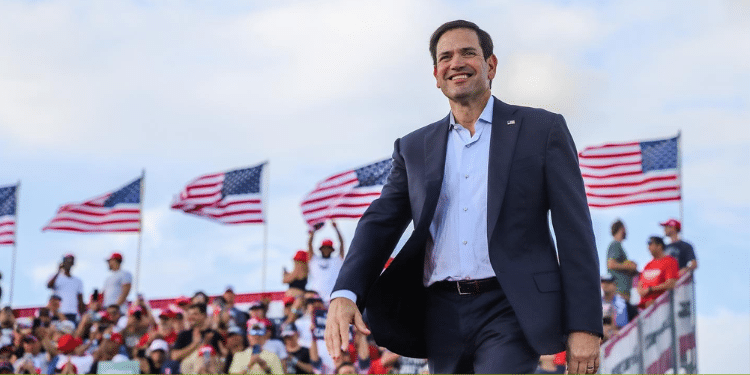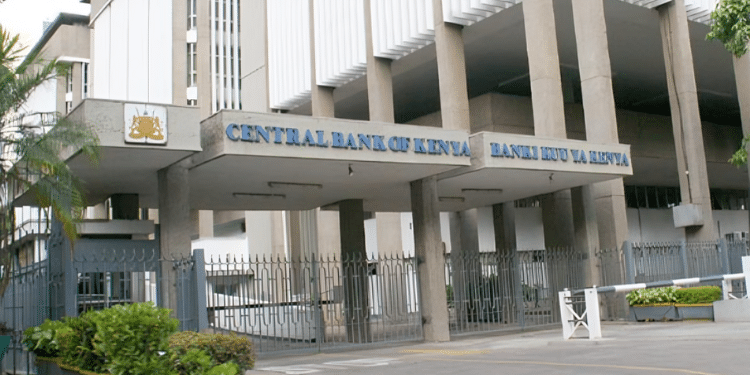Following World War II, the global economic consensus favored a mixed economy where both private and public sectors played key roles in commerce.
Economists of that era supported government intervention to correct market imbalances and ensure stability.
However, the 1970s ushered in a shift in economic thinking, driven by events such as the 1973 oil crisis, the near collapse of British industry, and the breakdown of the Bretton Woods monetary system. This period of skepticism led to the rise of neoliberal ideas, promoted by leaders like Margaret Thatcher in the UK and Ronald Reagan in the US.
The work of economists such as Friedrich von Hayek and Milton Friedman, who developed theories now known as monetarism or neoclassical economics, gained prominence. These theories proposed that free markets, rather than government intervention, were the most effective means of achieving economic stability and growth.
Neoclassical economic theory suggests that sustainable economic growth is achieved by effectively managing three key factors: labor, capital, and technology. According to this theory, economies can reach equilibrium by optimizing the use of labor and capital in production.

Technological advancements are seen as essential for driving productivity and economic output. Neoclassical economists argue that without technological progress, sustainable growth is impossible. The theory emphasizes the importance of capital accumulation and its efficient use for economic expansion, while also highlighting the interplay between capital and labor in determining overall output.
Technological innovation is viewed as a critical driver of labor productivity, thereby enhancing the economy’s output capacity. This framework underscores the belief that minimizing government intervention in favor of market-driven mechanisms can lead to more dynamic and sustained economic growth. How Free Markets Win Free-market economies have demonstrated remarkable successes through minimal government intervention.
Hong Kong, for instance, evolved from a small trading port into a leading global financial hub, thanks to its low taxation and business-friendly regulations. Singapore’s approach of combining strong regulatory frameworks with minimal business constraints has turned it into a global center for finance, trade, and innovation.
The citystate’s free-market policies have significantly boosted its GDP per capita, illustrating the effectiveness of its economic model. Similarly, South Korea’s transformation from a war-torn nation to a high-tech industrial powerhouse exemplifies the power of free-market principles.
By focusing on export-oriented policies, innovation, and reducing trade barriers, South Korea has become home to global giants like Samsung and Hyundai.
Also Read: Cooking Oil, Gas and Rent Prices Hike as Inflation Drops
The United States, a longstanding advocate of free-market capitalism, showcases how innovation and competition can drive economic success. Despite some regulatory measures, the U.S. market remains predominantly driven by private enterprise, positioning the country at the forefront of technological and financial innovation.
Chile’s economic overhaul in the late 1970s and 1980s, under the Chicago Boys’ guidance, highlights the positive impact of free-market reforms. Privatization, deregulation, and trade liberalization helped Chile become one of Latin America’s most stable and prosperous economies.
In New Zealand, comprehensive economic reforms in the 1980s, including deregulation and the removal of subsidies and tariffs, revitalized the economy, leading to sustained growth and a competitive business environment.
Estonia’s rapid transition to a market economy after gaining independence from the Soviet Union in 1991 underscores the transformative power of free-market principles.
By liberalizing trade, implementing a flat tax, and embracing deregulation, Estonia achieved significant economic growth and is now recognized as one of the most advanced digital economies globally.
Price Control Dilemma
Kenya’s Price Control on Essential Goods bill 2024 seeks to give government the power to set price limits for goods such as maize, maize flour, wheat, wheat flour, rice, cooking oil, sugar, and certain pharmaceutical drugs.
The Act aims to keep these items affordable, stabilize prices, and prevent drastic fluctuations that could worsen the cost of living. It also seeks to prevent monopolies and oligopolies from exploiting their market power to unfairly inflate prices.
The Act is designed to guarantee access to essential goods during crises, such as natural disasters or public health emergencies, contributing to social stability and reducing economic inequality.
However, price controls in a free market can have significant and often negative effects, particularly on small and medium-sized enterprises (SMEs).
Price ceilings or floors disrupt the natural balance of supply and demand, leading to market distortions.
Impact of price control
For SMEs, which typically operate with thinner margins, price controls can squeeze profitability. If a price ceiling is set below equilibrium, it may cause shortages as suppliers reduce production or exit the market, making it harder for SMEs to access inputs or sustain profits. Additionally, price controls can discourage investment and innovation, which are crucial for SME growth.
If businesses cannot charge prices that reflect their costs and risks, they may be less inclined to invest in new technologies or expand operations.
Also Read: Inside New Bill to Control Prices of Unga & Other Essential Goods
This stifles competition and can degrade the quality of goods and services. Over time, price controls can hinder the development of a vibrant and competitive SME sector, reducing economic diversity and limiting entrepreneurial opportunities.
With over 7.4 million micro, small, and medium enterprises (MSMEs) playing a vital role in Kenya’s economy, the application of free-market principles could offer valuable insights. While SMEs are crucial for innovation and economic inclusion, they face challenges from price controls that disrupt supply and demand balances.
By focusing on creating a fair and efficient market environment, the government can support SMEs, driving sustainable growth and development across the African continent. The government’s role in a free-market economy should focus on creating a fair and efficient environment for market operations.
This includes enforcing laws, protecting property rights, and ensuring contract fulfillment, which provides stability for economic transactions. While the government must address market failures and regulate monopolistic practices, its interventions should be carefully managed to avoid undermining the market’s dynamic nature.
By balancing market forces with thoughtful government intervention, Kenya can foster a thriving environment for SMEs, driving sustainable growth and development across the African continent.










































































